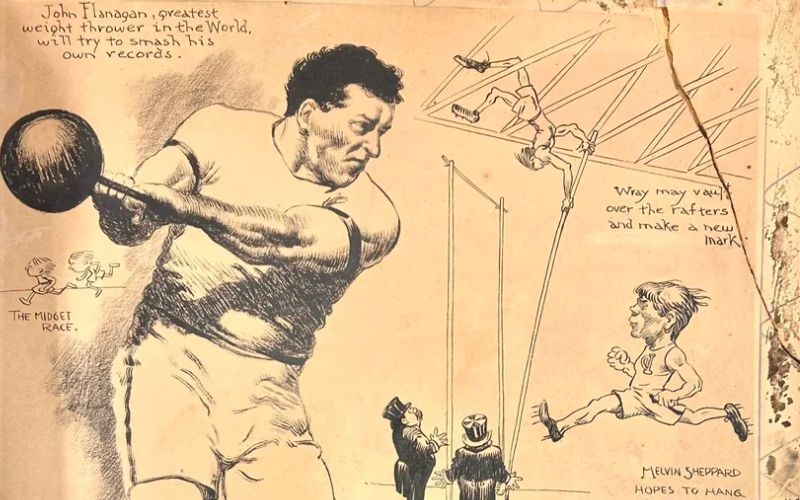The Fianna Fáil party seems well and truly to have had its day with the Irish public.
Prime Minister Brian Cowen's televised address to the nation this evening, in which he finally capitulated to demands for a general election, will dispel any hopes party loyalists may still be clinging to that the Republican Party is anything but a sinking ship.
The announcement that a general election will be held early next year comes as little surprise though. It's hard to conceive of a social group or voting bloc that the incumbent government hasn't managed to anger or alienate over the last number of months, as everybody and anybody seems to be angry about the party's leadership/perceived ruination of the country; the party's popularity has unsurprisingly ebbed to an all time low.
Students are up in arms over the likelihood of increased tuition fees, workers are aghast at the prospect of the minimum wage coming down, and the rest of the country is horrified by the thought of Ireland having to cede control over its fiscal and economic policy to the IMF, with the 'Republic of IMF' fast emerging as a favourite moniker to call the new State by.
Among today's plentiful political drama, the first signs of major discord within the Fianna Fail party itself signalled that something major was on the cards.
The effective defecting of bankbenchers Sean Power, Noel O'Flynn and Chris Andrews, who early in the day called on Cowen to resign, signalled that the government was the first warning that the government was on the verge of a long overdue collapse.
When their coalition partners the Green Party then announcement that they'd leave government in January, alongside nationwide protest at the IMF bailout, the strain was simply too much for the embattled Government to bear, and amidst emergency meetings, last ditch conference calls, and national bailouts, the the castle finally collapsed.
The problem is that now that Fianna Fail seems set for an obliteration at next January's election, excitement about the alternatives could hardly be less palpable.
The Green Party seem to have gained nothing from their decision to effectively pull the plug on their coalition with Fianna Fail, while the collective offerings of Fine Gael, Labour and the other major parties seem to do little to excite an Irish electorate worn-out from years of lack of progress, broken promises, and economic stupor.
If one thing seems certain in all this, it's that Fianna Fáil will finally pay the price for Ireland's economic undoing at the polls next January, and not remain in power for a day longer than that.




Comments